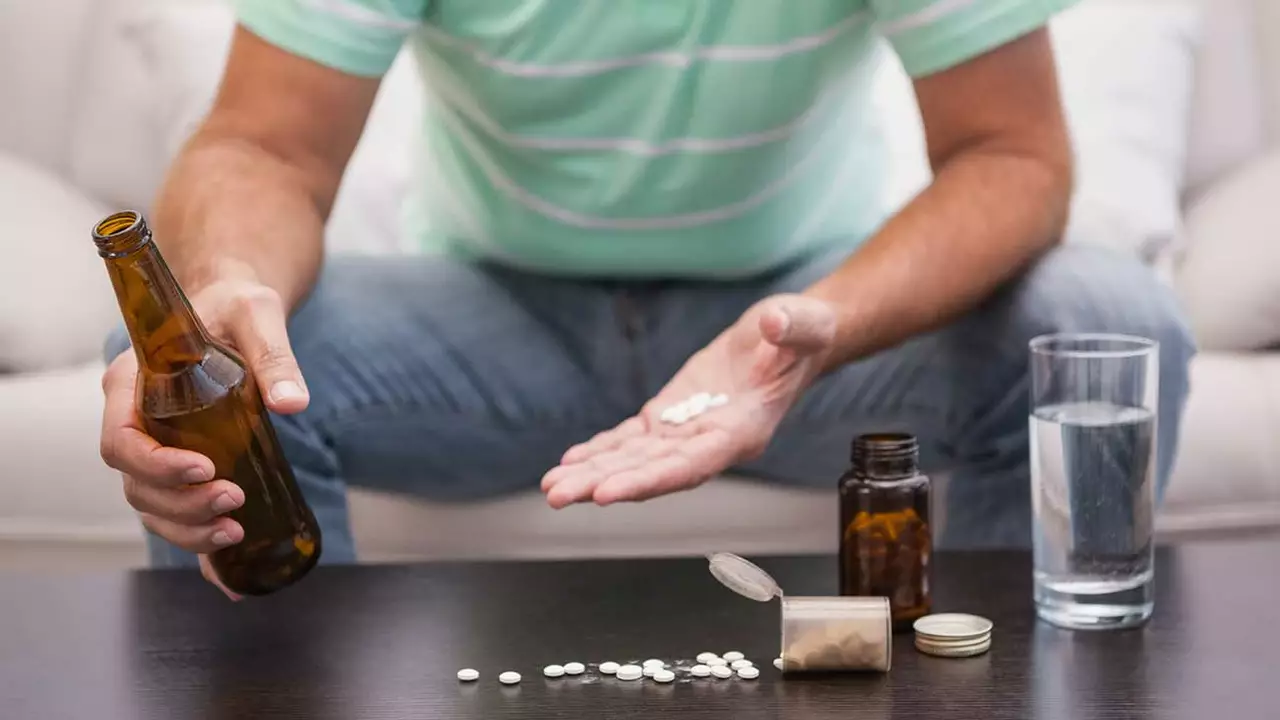Understanding Alcohol and How It Affects Your Body and Medications
Alcohol is a part of many social moments, but mixing it with medications can complicate things fast. Knowing what happens when alcohol enters your system alongside your medicine can save you from unwanted side effects or worse. Whether you’re on a prescription or just considering your options, learning about alcohol’s impact is crucial.
First off, alcohol isn’t just about feeling tipsy or hungover. It actually affects how your body processes drugs. Some medicines might become less effective or even dangerous when combined with alcohol. For example, blood thinners like Warfarin or Rivaroxaban can become riskier, increasing bleeding chances. It's smart to check if your meds come with alcohol warnings.
Why Mixing Alcohol and Medicine Can Be Risky
Your liver handles most of the work processing both alcohol and drugs. When you drink, it has to split its attention, which can slow down breaking down medicines. This might lead to medicines stacking up in your body or getting weaker. Plus, alcohol can worsen side effects like dizziness, drowsiness, or even liver damage when combined with certain drugs.
Even common over-the-counter treatments for pain or colds can clash with alcohol. Mixing them might cause stomach problems or trouble concentrating. If you're using medications like Protonix for acid reflux or Zovirax for herpes, drinking alcohol could reduce how well they work or increase side effects.
Tips for Drinking Safely When You Take Meds
Not all medications forbid alcohol, but it’s a fine line to walk. Always read your drug’s label, and if you’re unsure, ask your healthcare provider. Being honest about your drinking habits helps them give the best advice. If you're looking to enjoy a drink, try to stick to moderate amounts and avoid binge drinking.
Some people find apps like GoodRx or WellRx helpful for managing their prescriptions and reminders, which can include alerts about alcohol interactions. Staying informed not only protects your health but also helps you get the most out of your treatment.
Bottom line? Alcohol can sneakily change how medicines work or add new risks. Being cautious and informed helps keep your health on track without cutting out your social life completely.

Drinking Alcohol on Spironolactone: What You Need to Know
Ever wondered if you can safely drink while taking spironolactone? This article tackles common questions about mixing alcohol and this widely prescribed medication, especially in social settings. Get honest answers from doctors, understand risk thresholds, and learn practical tips for navigating parties and casual drinks without putting your health at risk. All advice is served up with relatable scenarios and clear explanations—no medical jargon. Don't miss out on what you should really know before raising that glass.

Lurasidone and Alcohol: A Dangerous Combination?
In today's post, I want to discuss the potential dangers of combining Lurasidone, an antipsychotic medication, with alcohol. From my research, I've learned that mixing these two substances can lead to serious side effects, such as drowsiness, dizziness, and even impair one's cognitive functions. It's also important to note that alcohol can interfere with Lurasidone's effectiveness in treating mental health disorders. So, if you're taking Lurasidone, it's best to avoid alcohol altogether to ensure your safety and well-being. Remember, your health should always be a priority!